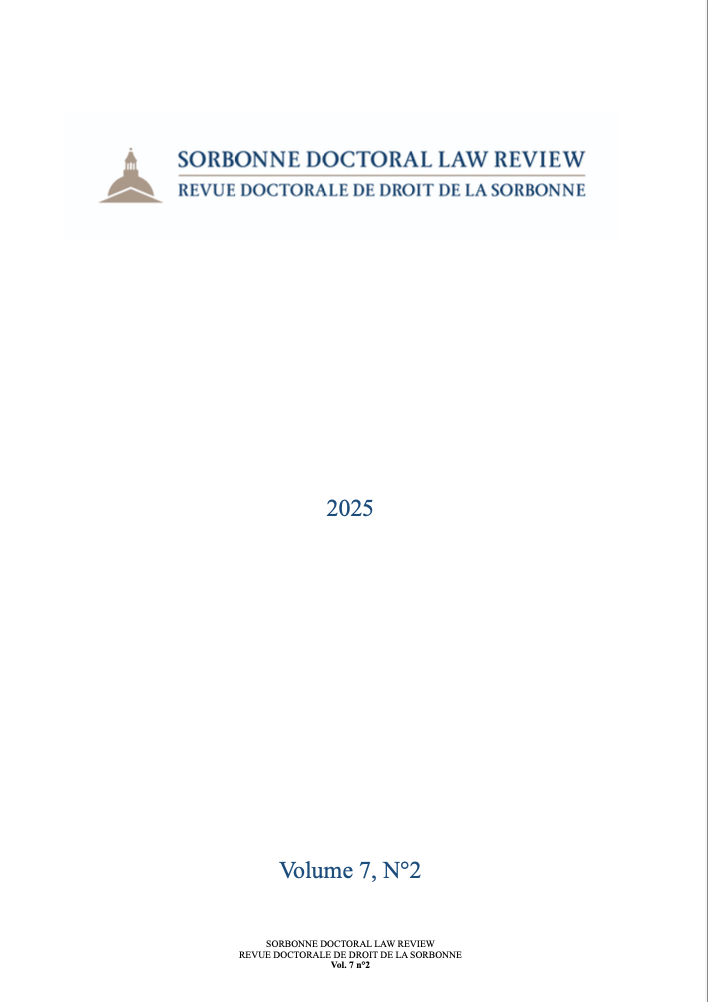Abstract
The paper explores the use of artificial intelligence (AI) in law, discussing the ethical and practical issues that arise as well as how it affects customary legal procedures. It emphasises the shift from labour-intensive legal practice to technology-enhanced methods, with a focus on artificial intelligence's potential to improve access to legal services and streamline legal procedures. But it also highlights the ethical questions that AI raises, especially about bias and transparency, especially when dealing with delicate matters like child custody and divorce settlements. The study promotes a "human in the loop" strategy that combines human knowledge and AI techniques to mitigate biases and guarantee individualised legal results. To guarantee that AI plays a complementary function rather than a replacement one, it emphasises in its conclusion the necessity of preserving the human element in legal practises.

This work is licensed under a Creative Commons Attribution 4.0 International License.
Copyright (c) 2025 Sorbonne Doctoral Law Review - Revue Doctorale de droit de la Sorbonne

